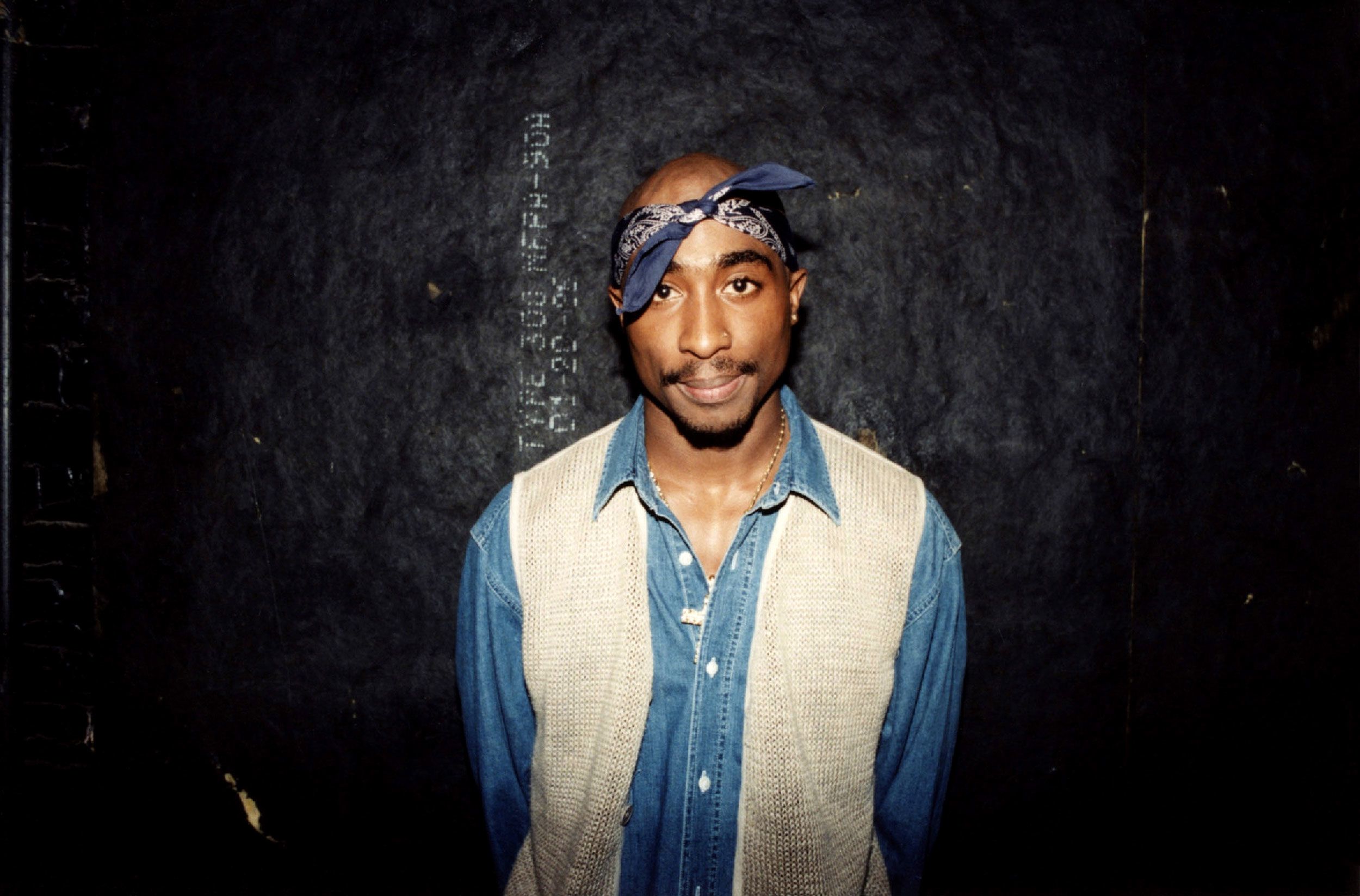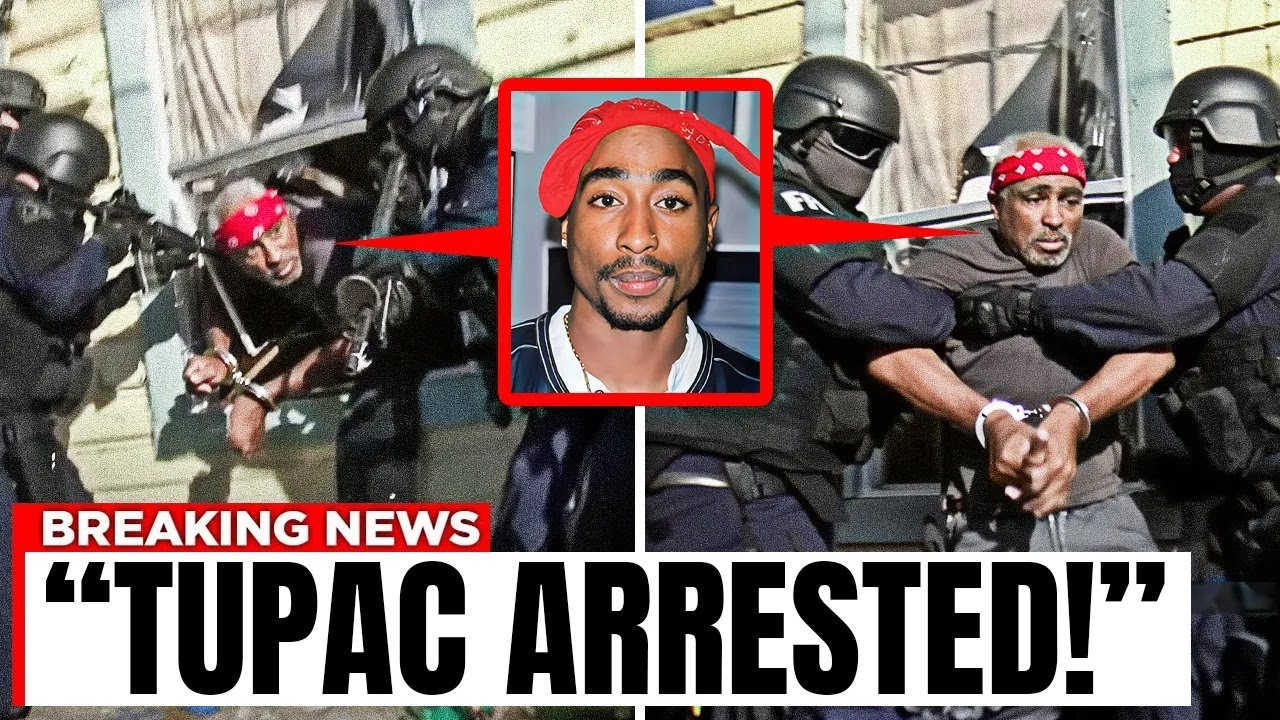New Arrest in Tupac’s Murder Case: A Game-Changer for Hip-Hop History
In a shocking turn of events that has sent ripples through the hip-hop community, a new arrest in the decades-old murder case of Tupac Shakur has emerged, flipping the narrative on its head. Just when many believed the case was a cold file buried in the annals of unsolved crimes, authorities have charged Dwayne Keith “Kef D” Davis with murder, reigniting questions surrounding the notorious shooting that claimed the life of one of rap’s most iconic figures.

On September 29, 2023, Las Vegas Metro Police apprehended Davis, who has long been a controversial figure in the Tupac saga. For years, he has openly discussed his involvement in the events leading up to Tupac’s death, believing he had immunity due to past agreements with law enforcement. However, recent developments suggest that his public confessions may have sealed his fate instead of protecting him.
The arrest comes nearly 27 years after the fateful night of September 7, 1996, when Tupac was shot multiple times while riding in a car with Suge Knight after leaving a Mike Tyson fight. According to reports, Davis was in a white Cadillac with three others, one of whom was his nephew, Orlando Anderson, who has since died. With Davis now the only surviving member of that crew, prosecutors are looking to unravel a web of secrets that have remained tightly woven for decades.

As authorities sift through the evidence, they are not just focused on Davis; they are exploring allegations that point to deeper connections within the Death Row Records camp. Davis himself has implicated Reggie Wright Jr., the former head of security at Death Row, suggesting that the murder may have been orchestrated by those who had more to gain from Tupac’s demise than mere gang rivalry. The streets are buzzing with speculation about who else might have been involved in this intricate plot, with many believing that the real puppet masters remain unscathed while Davis takes the fall.
The media frenzy surrounding the arrest has been palpable. Social media is ablaze with theories and reactions, as fans and critics alike dissect every detail of the case. Some are rallying behind Davis, claiming he is a scapegoat, while others see his arrest as a long-overdue step toward justice for Tupac. In the courtroom, Davis’s defense team is arguing that his numerous media appearances should be protected under his proffer agreement, but prosecutors counter that he cannot profit from his confessions while simultaneously claiming immunity.

What makes this case even more explosive is the emerging narrative that challenges the established story of gang retaliation. Many insiders are questioning the timing and circumstances surrounding Tupac’s murder, suggesting that it was not merely a random act of violence but a calculated move by powerful figures within the music industry. The theory posits that Tupac’s growing influence and plans to leave Death Row may have made him a target for elimination, raising the stakes even higher in a case that has long haunted the hip-hop community.
As the clock ticks toward a trial now set for February 2026, the questions continue to mount. Will Davis’s confessions hold up in court, or will the defense uncover new evidence that could exonerate him? And perhaps most importantly, will the truth about who really orchestrated Tupac’s murder finally come to light, or will it remain buried beneath layers of deception and fear?
With the streets abuzz and the courtroom drama unfolding, one thing is clear: the arrest of Dwayne Keith “Kef D” Davis may be just the beginning of a much larger story—one that could redefine our understanding of one of hip-hop’s darkest chapters. As the world watches, the quest for justice continues, and the legacy of Tupac Shakur hangs in the balance.






